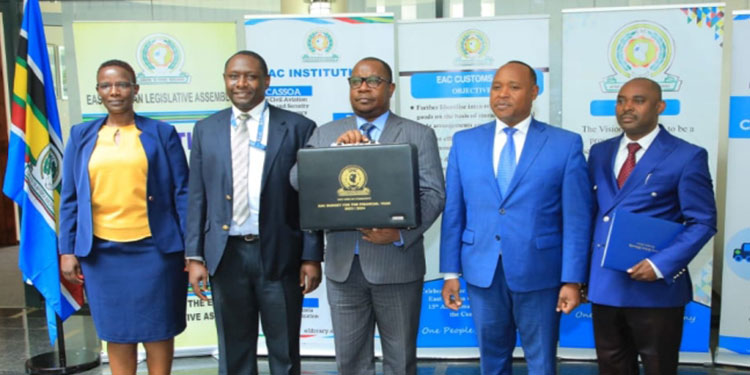
In an effort to open up the area, the East African Community (EAC) will give infrastructure development top priority in the fiscal year 2023–2024. This will mean an end to the three-year impasse attributed to the Covid-19 epidemic. Building up the region’s infrastructure is essential for promoting regional integration by allowing intra-regional commerce and the movement of people, products, and services.
In this sense, the East African Community’s founding Treaty says that the Partner States’ provision of basic infrastructure shall be one of the Operational Principles of the EAC members. It also defines in further detail the necessity for EAC cooperation in infrastructure and services, identifying the essential areas of this cooperation, which include:
1. Harmonisation of regulatory laws, regulations, and practises.
2. Infrastructure in Partner States is built and maintained, and multimodal transportation networks are reviewed and redesigned, among other things.
On Tuesday, 13, 2023, the EAC submitted budget projections of USD 103,842,880 to the East African Legislative Assembly (Eala). out of which 43 percent ($44 million), provided by EAC members, would be utilised on infrastructure projects to promote intra-EAC commerce. This represents an increase of 13.4% from $65.268 billion in 2021 to $74.03 billion in 2022.
This year, the bloc obtained funds for the following regional road projects:
1. Road connecting Kenya and Tanzania though Lunga Lunga.
2. A road linking Tanzania and Burundi via Kasulu;
3. A road that connects Kenya and Uganda across the Busia border;
4. It has also prioritised railway, aviation, and water/port transportation, which are critical to attracting investment, boosting competitiveness, and encouraging trade in the region.
According to the chair of the EAC infrastructure council, the secretariat will continue to implement previous regime multinational road projects connecting partner states, as well as Phase 2 of the One Stop Border Post programme, which includes the design, construction, and operationalization of prioritised One Stop Border Post within the region to improve regional integration and trade facilitation.
The budget for 2023/2024 will prioritise nine areas: strengthening regional governance processes and domestication of regional and international commitments for long-term peace and stability; increasing sensitization, visibility, knowledge, awareness, and participation of the private sector, citizens, and other stakeholders in the EAC integration process; and harmonisation of trade-related policies, laws, and regulations, as well as streamlining of customs and trade.
